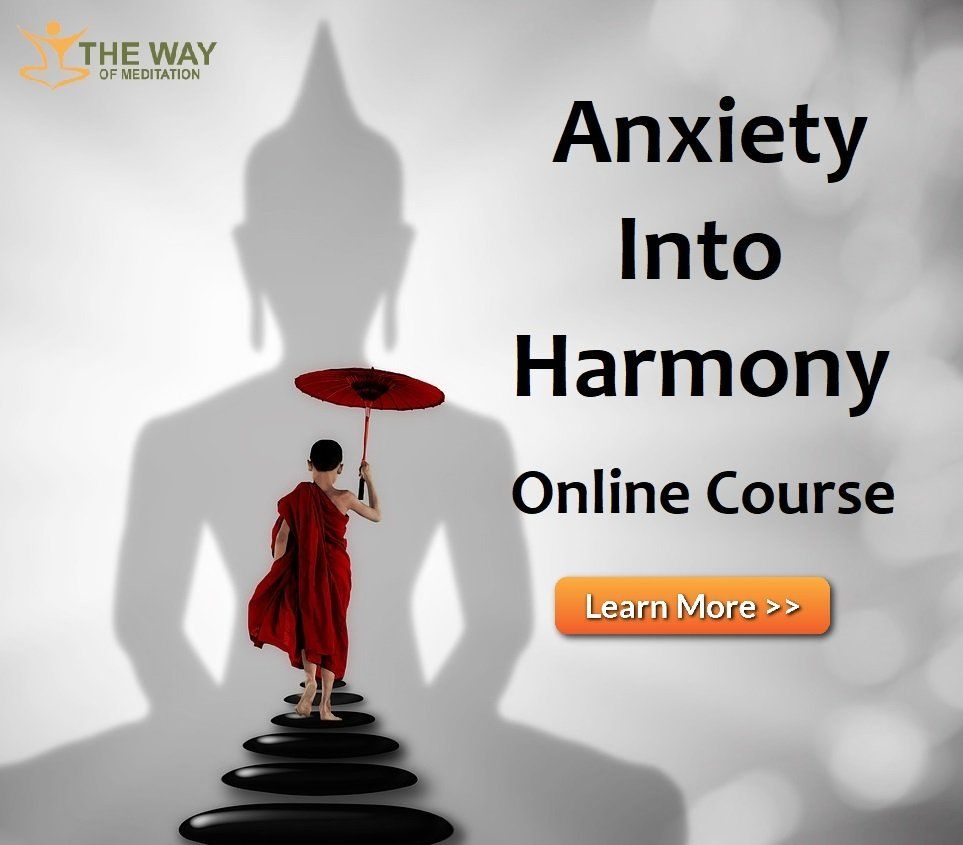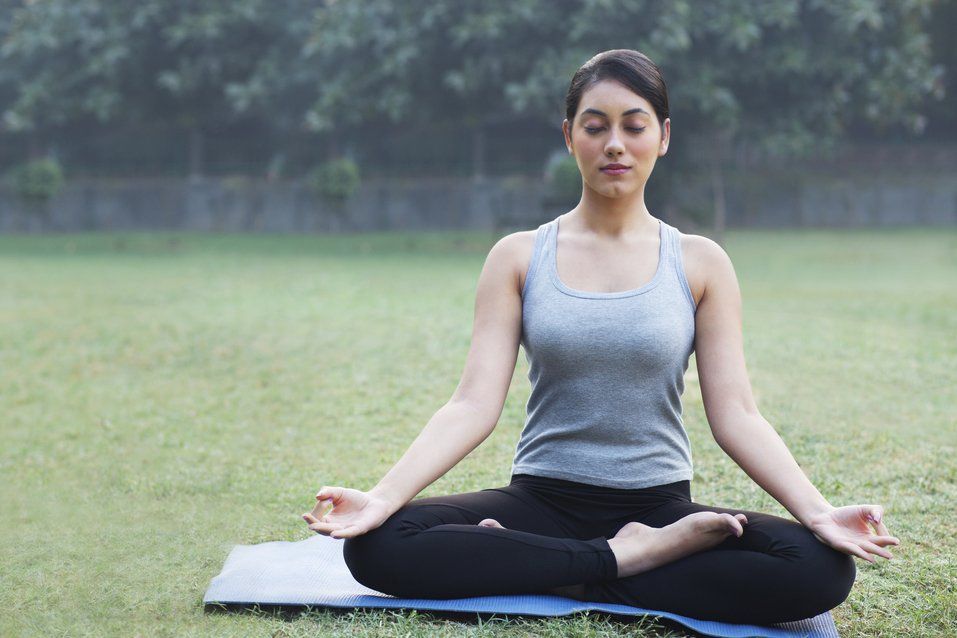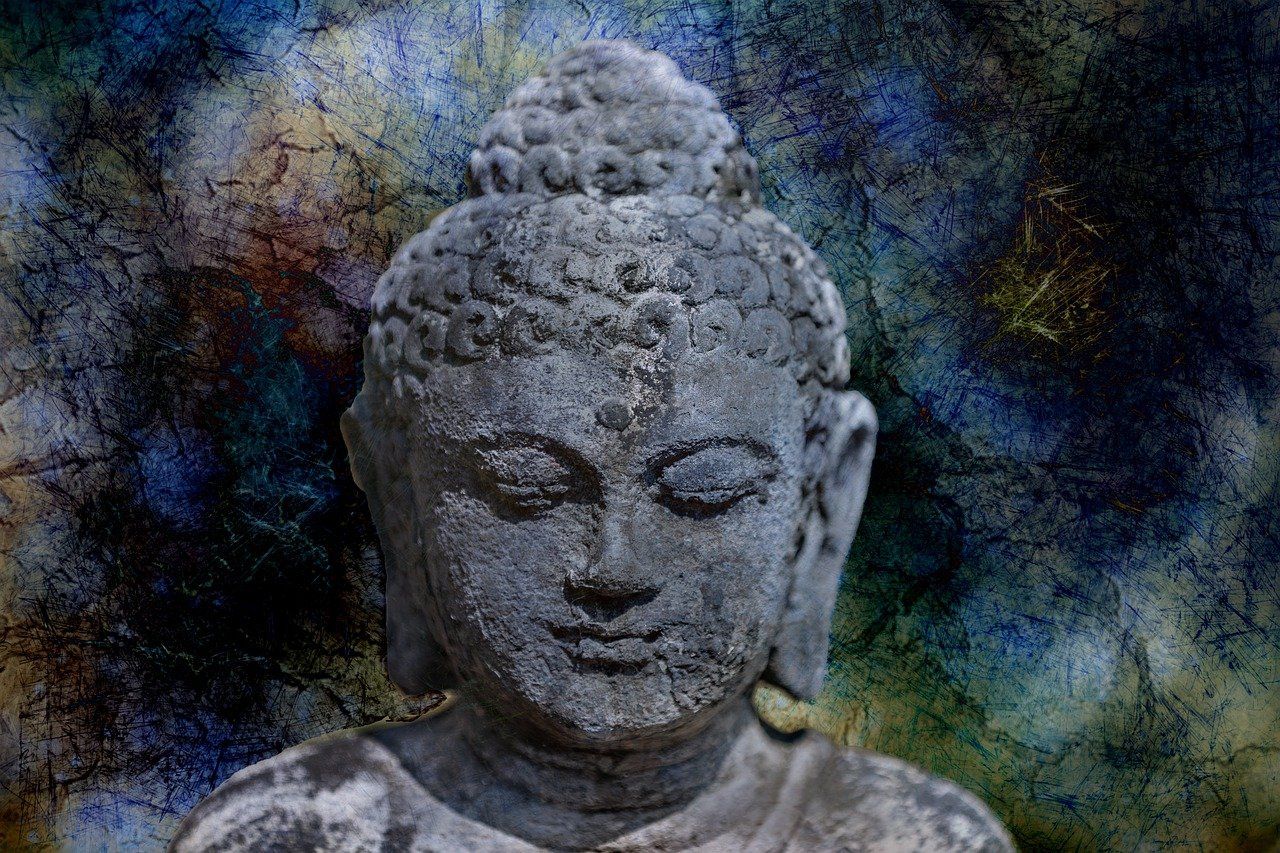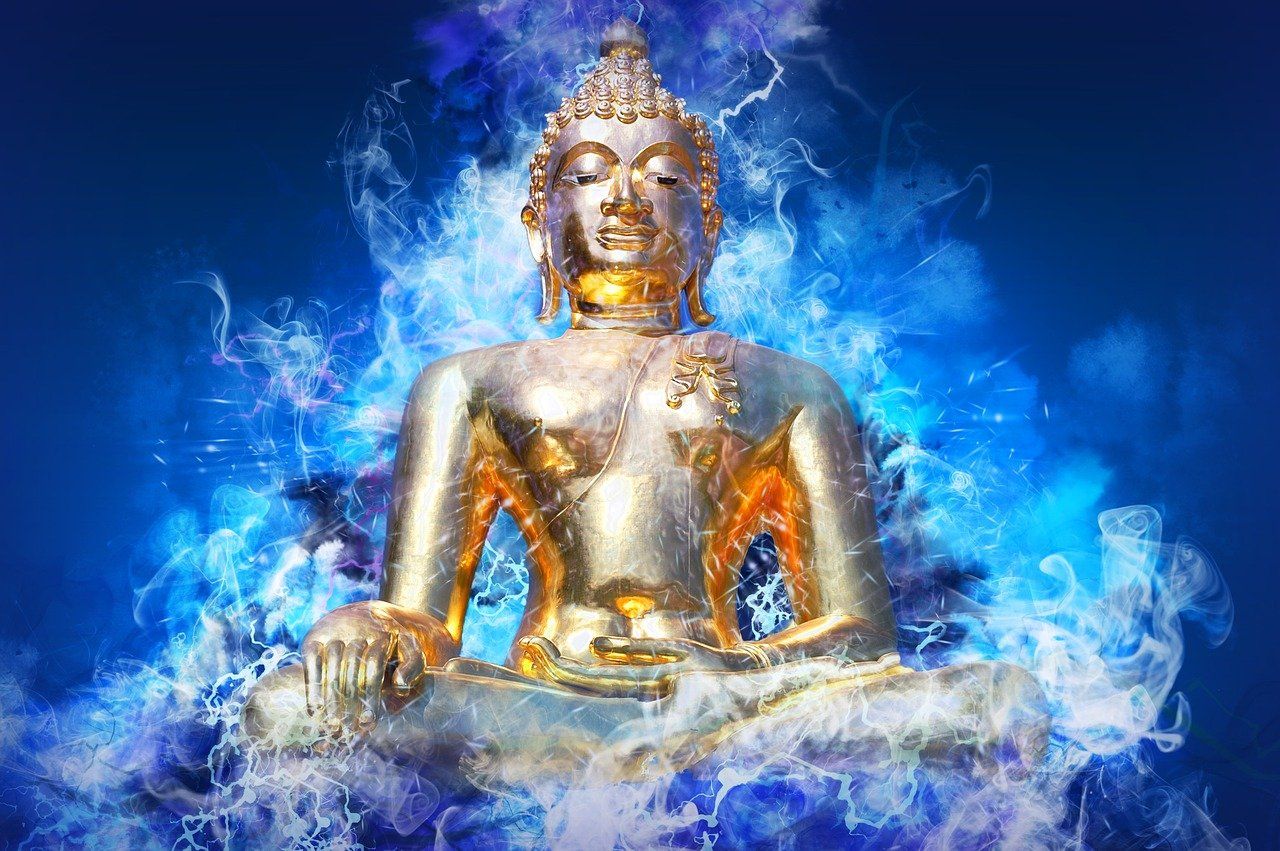The Way of Meditation Blog
Bringing Ancient Wisdom Into The Modern World
7 Ways to Improve Your Concentration
Chad Foreman • September 16, 2015
Concentration
Concentration is not a dirty word it is the basis of a stable and healthy mind. Whilst some may find it difficult to concentrate for any length of time often it’s only difficult when concentrating on things that we don’t like or don’t want to do, but when we are enjoying our activity concentration can become effortlessly.
In the Buddhist tradition of meditation concentration is a vital tool to be able to explore and penetrate deep into your own psyche. Without an unwavering attention the realisations and insights from meditation are fleeting and difficult to hold on to.
To truly look deeply into yourself you need refined attention to experience the extremely subtle phenomena of the mind and awareness. Concentration is the instrument that meditators use to understand themselves.
In the Buddhist tradition of meditation concentration is a vital tool to be able to explore and penetrate deep into your own psyche. Without an unwavering attention the realisations and insights from meditation are fleeting and difficult to hold on to.
To truly look deeply into yourself you need refined attention to experience the extremely subtle phenomena of the mind and awareness. Concentration is the instrument that meditators use to understand themselves.
Our attention plays a big part in how we experience reality. What we choose to place our attention on is exactly what we experience in the present moment; most of the time this is an unconscious choice due to past associations.
Alan Wallace a world leader in Shamata (Concentration Meditation) says:
“I suggest that if you were able to focus your attention at will, you could actually choose the universe you appear to inhabit.”
Attentional stability or concentration can be easy and natural and a means to tap into our creative genius.
“Geniuses of all kinds excel at their capacity for sustained voluntary attention. Just think of the world’s greatest musicians, mathematicians, scientists and philosophers through-out history – all of them,it seems, have an extraordinary capacity to focus their attention with a high degree of clarity for long periods of time.” ~ William James
However in our fast paced modern world with media constantly trying to capture our concentration has suffered, so much so that some doctors are calling Attention Deficit Disorders an epidemic.
Could meditation be an alternative to pharmaceutical interventions and be the the safe way to development attentional stability, overcoming mental imbalances and create the life that you want to create?
Alan Wallace a world leader in Shamata (Concentration Meditation) says:
“I suggest that if you were able to focus your attention at will, you could actually choose the universe you appear to inhabit.”
Attentional stability or concentration can be easy and natural and a means to tap into our creative genius.
“Geniuses of all kinds excel at their capacity for sustained voluntary attention. Just think of the world’s greatest musicians, mathematicians, scientists and philosophers through-out history – all of them,it seems, have an extraordinary capacity to focus their attention with a high degree of clarity for long periods of time.” ~ William James
However in our fast paced modern world with media constantly trying to capture our concentration has suffered, so much so that some doctors are calling Attention Deficit Disorders an epidemic.
Could meditation be an alternative to pharmaceutical interventions and be the the safe way to development attentional stability, overcoming mental imbalances and create the life that you want to create?
Here Are 7 Ways You Can Improve Your Concentration
2) Start with short meditation periods. Quality is better than quantity when it comes to meditation. 5 minutes of clear and focussed attention is much more beneficial than one hour of daydreaming. I recommend to start with as little as two minutes. Set a timer and sit still for two minutes watching your breath or observing sensations in your body or mentally repeating a mantra. In fact just be able to observe your object of meditation clearly for a few seconds is that start of concentration training which can be built on and improved over time.
3) Let go of distractions. It’s not that you cannot concentrate its just that you are too distracted by your thoughts. Everybody has the ability to concentrate once the mind has given up its obsession with thoughts. Learning to focus and concentrate is not so much about the faculty of concentration itself its more about letting go of thoughts as they arise without following them or engaging in them. One way to do this is to be clear that during meditation time all thoughts are JUST THOUGHTS neither good nor bad, boring or exciting. You equalise all thoughts to be exactly the same and no matter how enticing the thought, idea or plan may be you let it go and come back to your object. Just say no thank you to your thoughts and they dissolve away by themselves.
4) Be confident. Any endeavour worth doing takes confidence in your self. Trust that you have the potential to develop your attention and give up distractions. This also takes some enthusiasm and enjoyment in meditation practice which can come from reading and learning more about meditation and all the benefits of meditation. Confidence comes when you set realistic goals for yourself and you achieve them. That’s where starting out with short periods comes into it. You gain confidence by meditating for just 1 or 2 minutes with focus on your object and know that you can improve every week bit by bit.
5) Introspection. It’s not so much getting distracted that’s the problem because that will definitely happen for every single person who attempts meditation. It’ the not knowing you are distracted that causes issues, that’s where you are caught in a daydream for 30 minutes during meditation without even realising it.
Falling asleep can be a problem for a lot of people too. Introspection is the key to overcome this. During concentration practice there must be a small amount of attention reserved for over-seeing the whole internal process. That is knowing if you are focussed on your object and knowing when you have been distracted and your mind has wondered off. The mind can wander off into thoughts or it can just wander into sleepiness and dullness. Once you have realised you are distracted by thoughts or sleepiness simply and calmly bring the focussed attention back to the object of meditation and re-focus.
It’s like you’re your own inner meditation teacher that keeps watch over you and every time it catches you wondering off it gently prompts you to bring your attention back onto the object. This can be an obvious distraction like losing focus all together and engaging in thoughts, but as your meditative skills deepen there are subtle forms of distraction that are not so obvious and you will need well refined introspection skills to be able to know whether there are distractions present or not.
6) Learn to let go of the technique. This relates to the first tip about a balanced and even state of attention. To relax and let your attention settle calmly and clearly on the object you have to stop over adjusting and let it happen. You can over correct too much and try too hard, the skill is to be relaxed and alert on your object. This is allowing space into the practice of meditation giving space for your attention to simply be on its object naturally and unforced.
7) Add lots of little moments of meditation to your day. Finally to support your concentration training it is vitally important to engage in regular bouts of mindfulness during the day. That is to take several moments of meditation by taking some conscious breaths and putting thoughts to one side several times through-out the day. At a red light in the car, in a queue at the supermarket or even while you’re in the toilet. One meditation Master recommends lots of short sessions through-out the day many times. Eventually these sessions merge into one another and your day can become one conscious and mindful day full of focus and clarity.
It’s like you’re your own inner meditation teacher that keeps watch over you and every time it catches you wondering off it gently prompts you to bring your attention back onto the object. This can be an obvious distraction like losing focus all together and engaging in thoughts, but as your meditative skills deepen there are subtle forms of distraction that are not so obvious and you will need well refined introspection skills to be able to know whether there are distractions present or not.
6) Learn to let go of the technique. This relates to the first tip about a balanced and even state of attention. To relax and let your attention settle calmly and clearly on the object you have to stop over adjusting and let it happen. You can over correct too much and try too hard, the skill is to be relaxed and alert on your object. This is allowing space into the practice of meditation giving space for your attention to simply be on its object naturally and unforced.
7) Add lots of little moments of meditation to your day. Finally to support your concentration training it is vitally important to engage in regular bouts of mindfulness during the day. That is to take several moments of meditation by taking some conscious breaths and putting thoughts to one side several times through-out the day. At a red light in the car, in a queue at the supermarket or even while you’re in the toilet. One meditation Master recommends lots of short sessions through-out the day many times. Eventually these sessions merge into one another and your day can become one conscious and mindful day full of focus and clarity.
Written by Chad Foreman
Chad is the founder of The Way of Meditation and has been teaching meditation since 2003 and is determined to bring authentic meditation practices into the lives of millions of people in the modern world. Chad is a former Buddhist monk who spent 6 years living in a retreat hut studying and practicing meditation full time. Chad now offers Private Online Meditation Coaching and has also developed an incredible course called The 21 Day Meditation Challenge
to help guide people gradually from the basics of mindfulness and relaxation to profound states of awareness.
Get A FREE
Guided Meditation Series
with Chad Foreman

In today’s fast-paced world, the mind often races, driven by the demands of work, family, and personal ambitions. Meditation is commonly seen as a practice to calm the mind, foster inner peace, and connect with deeper aspects of existence. Yet, one crucial element often overlooked is the state of the body, particularly the nervous system. Relaxing the nervous system isn’t just a preparatory step; it is foundational for unlocking the deeper states of awareness and tranquility that meditation promises. Drawing insights from my journey and teachings, we will explore why this is so vital and how it transforms the meditative experience.














